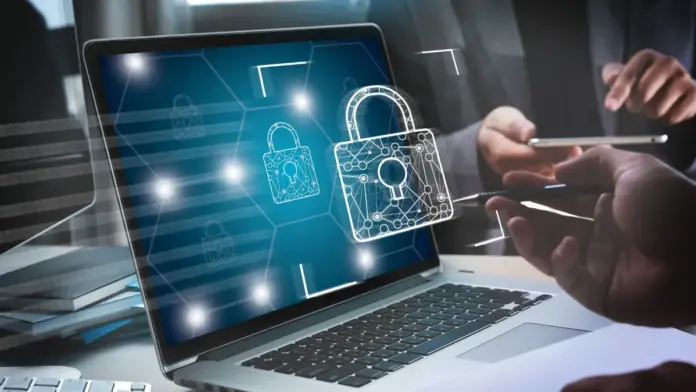Data security and privacy are becoming major issues for everyone in the modern digital age, individuals, corporations, and governments alike. With our growing dependence on online resources and electronic communications, there is an exponential increase in the risk of security breaches, cyberattacks, and illegal access. Although encryption has traditionally been the preferred method of safeguarding private data, a ground-breaking innovation called LiFi is redefining the security and confidentiality of information.
1. What is LiFi?
Light Fidelity, or LiFi for short, is a wireless transmission system that sends data by light. LiFi transmits data at extremely fast speeds using the visible, infrared, or UVB spectrum as opposed to conventional Wi-Fi, which uses radio waves. With the use of already-existing lighting fixtures like LED lights, this method produces a network for safe and effective data transmission.
2. LiFi’s Inherent Security
LiFi has many benefits, one of which is its built-in security. Light signals are limited inside the confines of an enclosed area or space, in contrast to radio waves, which are able to pass through walls and reach great distances. It is extremely impossible for unauthorised parties to intercept or receive the data transfer due to this physical barrier, which greatly lowers the danger of cyberattacks and eavesdropping. LiFi signals may also be readily contained inside a narrow area and are highly directed, which improves security even more.
3: Resolving Interference from Electromagnetics
LiFi’s resilience to electrical interference (EMI) is another important benefit. Traditional wireless communication systems employ radio waves, which can be interfered with by a variety of things, such as electrical appliances, microwaves, and even radiation from space. Interference of this kind has the ability to jeopardise data integrity and raise the possibility of security breaches. LiFi, on one hand, is not impacted by EMI since it functions in the realm of visible light.
4. Improving Speed and Data Density
Apart from its security advantages, LiFi provides exceptional data transmission densities and speeds. Due to competition from additional devices for the same radio frequency spectrum, traditional wireless communication systems experience congestion and reduced data speeds. On the other hand, LiFi uses the visible portion of the spectrum, therefore has a far larger bandwidth capacity.
5. Uses and Prospects for the Future
Applications using LiFi technology are found in many different fields and industries, and as technology develops, there may be even more chances to improve data security, privacy, and efficiency. LiFi offers high-speed, secure internet access for smart buildings and residences as well as healthcare institutions. This allows for improved automation, systems for control, and the transmission of private medical data while maintaining data integrity and confidentiality.
Conclusion
LiFi appears as a ground-breaking technology that has the potential to completely change our understanding of safe data transfer in a time when data security and privacy are critical concerns. With its built-network security solutions, tolerance to electrical interference, and exceptional data transfer densities and speeds, LiFi is an appealing option for individuals, organisations, and governments looking to safeguard their private data.



